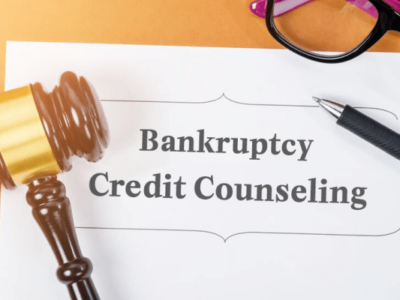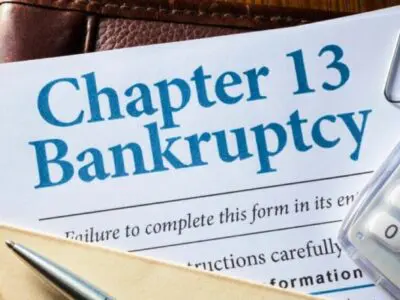
Bankruptcy can be a life-saving tool for some people, but it can also do deep and lasting damage to your credit. That’s why it’s important to consider alternatives before you make the decision to file for bankruptcy.
You can do this by negotiating with creditors and taking steps to reduce your debts. You can also use a debt consolidation loan to manage your financial situation.
Chapter 7
If you are considering filing for bankruptcy, it is important to consider all your options before making the decision. This includes researching Chapter 7 and Chapter 13 bankruptcy alternatives.
Bankruptcy is a serious legal decision and can have long-term consequences. It may also affect your credit, which will negatively impact your ability to obtain future loans.
The bankruptcy court may approve a Chapter 7 case only for debtors who cannot afford to repay their creditors. This is referred to as a means test.
A Chapter 7 filer who has sufficient disposable income can propose a plan to pay back unsecured debts over three to five years. Once the plan is approved, all unsecured debts are discharged and the filer is no longer responsible for them.
Filing for bankruptcy will stop most collection actions against the debtor, such as garnishments and foreclosures. However, filing does not stop some types of actions, such as liens against property.
Chapter 13
Chapter 13 bankruptcy, also called a “wage earner’s plan,” allows debtors with regular income to create a repayment plan that repays all or part of their debts over three to five years. This option can be beneficial for many people.
It can help you keep your home or car, and give you more time to pay off other secured debts. It may also allow you to catch up on your payments, which can lower your monthly costs.
Another bankruptcy alternative is to sign up for a debt management program through a credit counseling agency. However, this option has several drawbacks. First, you must repay your unsecured debts in full. Second, a creditor can terminate your plan as soon as you miss a payment.
Debt settlement
Debt settlement is an option for debtors who have unsecured credit card, medical bill, or other debt. It involves negotiating with creditors to reduce overall balances in exchange for a lump sum payment.
It can be a good bankruptcy alternative for some people, but it isn’t right for everyone. It’s best to consult a nonprofit credit counselor before making any decisions about whether or not to pursue debt settlement.
The Consumer Financial Protection Bureau warns that debt settlement may well leave you deeper in debt than you were when you started the program. It will also lower your credit score.
During the debt settlement process, you will stop making your regular monthly payments and instead deposit funds into an escrow account that you’ll control. When enough capital is accumulated, the company will negotiate with your creditors to settle the debt for less than what you owe.
This will negatively impact your credit score, but it’s not as bad as bankruptcy. It will be on your report for seven years, and it could have a lasting effect on your ability to get loans in the future.
Negotiating with creditors
Creditors are often willing to negotiate with borrowers who are experiencing financial hardship and have been unable to make payments. This may include COVID-19 business shutdowns, unexpected expenses or changes in income.
When negotiating with your creditors, try to use an explanation that paints a clear picture of the circumstances that led to your financial difficulties. Explaining your situation in a simple, concise manner will help you avoid being pushed to the brink of bankruptcy and can encourage creditors to work with you.
If you owe more than the value of your assets, consider offering a one-time payment to settle the debt. This can save your creditors time and money, especially if you’re close to filing bankruptcy.
If you do decide to try negotiating with your creditors, keep in mind that this can negatively affect your credit rating, making it difficult to secure credit in the future. Moreover, creditors are unlikely to agree to reduced payments for long periods of time.
Additional:


